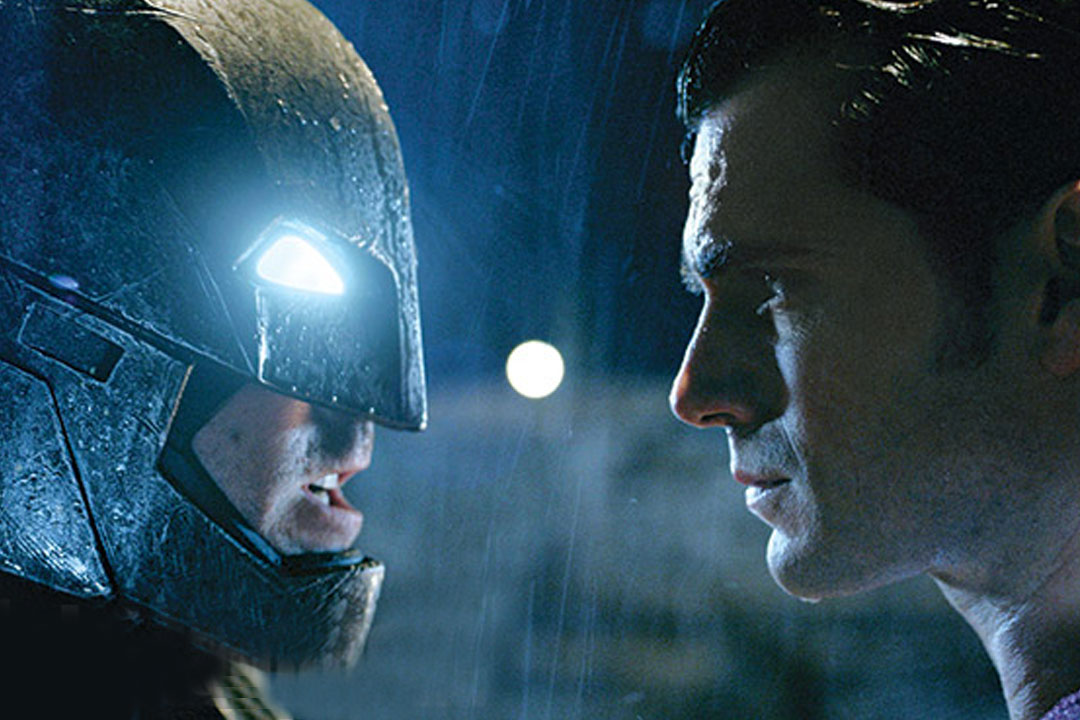Hardcore Henry
by George Wolf
We wake up with Hardcore Henry underwater in a Russian laboratory. A hot woman in a lab coat gets us up to speed as she attaches our new arm and leg. She tells us she’s our doctor, and our wife, and though our memory will come back in time, right now we have to run from the endless parade of people who want us dead.
And so we are off on a journey of mayhem and discovery, as writer/director Ilya Naishuller crafts a technically savvy “first person” action fest where every shot is framed through Henry’s eyes.
The lab is raided by a gang of baddies, with Henry and wife Estelle (Haley Bennett) making their escape as she pleads with him to understand what he’s capable of and to fight back accordingly. He does, with continually timely assistance from the mysterious Jimmy (Sharlto Copley), whose answers only lead to more questions about Henry’s identity, bio-engineering and the evil plans of warlord Akan (Danila Kozlovsky).
The action is often relentless, sometimes brutally violent, and eventually tiresome. The film essentially becomes a first person shooter game set to autopilot, much more successful as a technical achievement than resonant narrative.
Naishuller deserves ample credit for his vision, and for getting it on film with impressive precision. There’s hardly a dent in the integrity of his first person device, with set pieces that run from dazzling (a shootout set to Queen’s “Don’t Stop Me Now” chief among them), to downright weird (Copley’s song and dance routine), and the entire production well-earning its advisory for viewers prone to motion sickness.
For all the technical merits, seeing through Henry’s eyes doesn’t connect us to the character or pull us any deeper into the action. Ironically, the effect is just the opposite, and Hardcore Henry becomes as fun and captivating as watching someone else play a video game.









